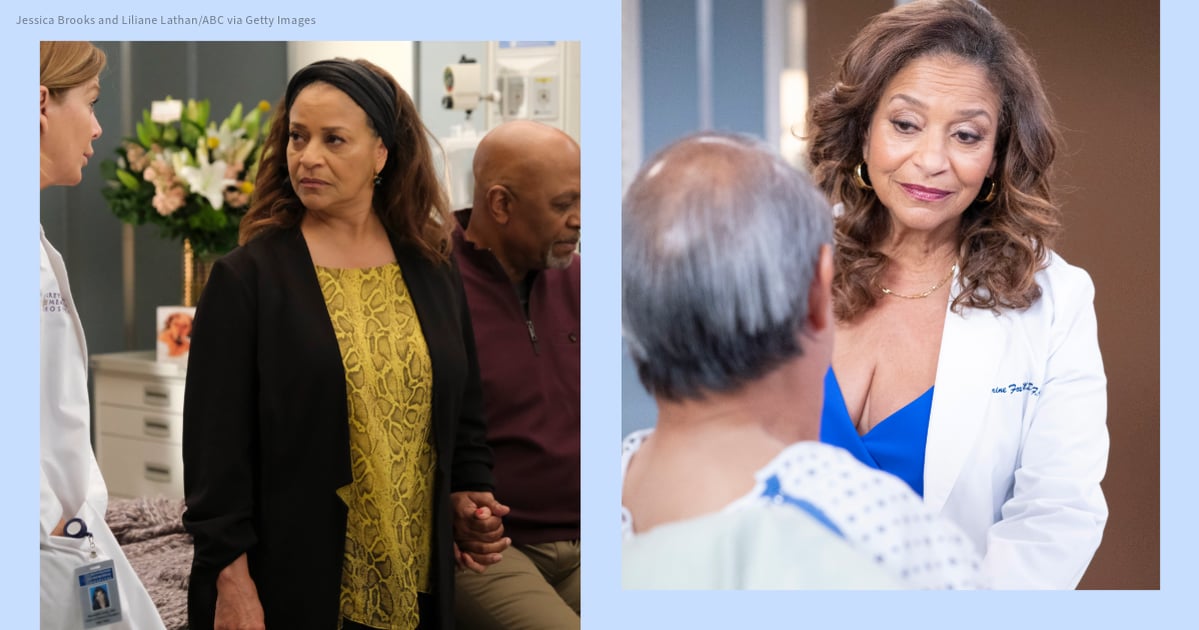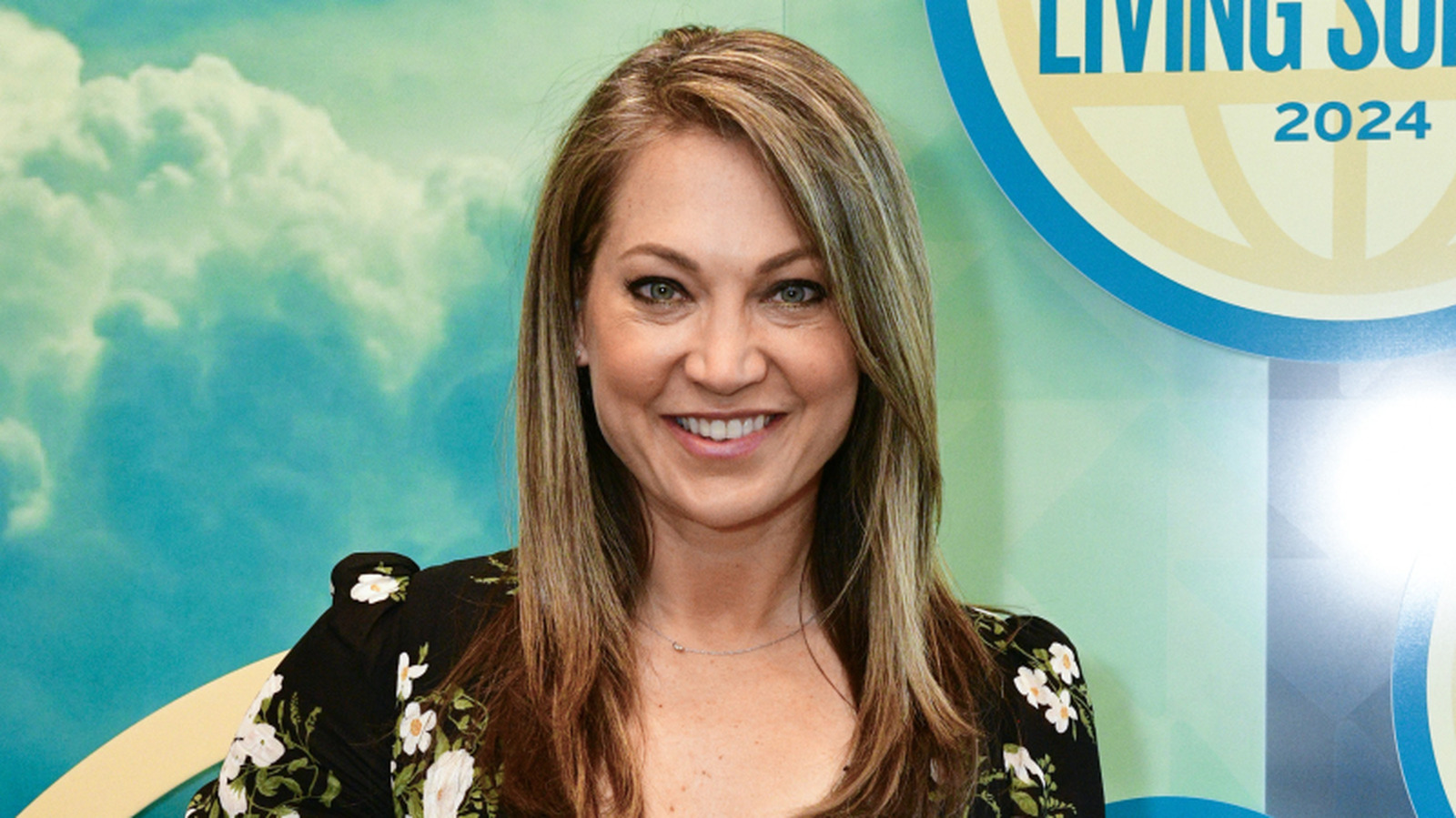
For Debbie Allen of “Grey’s Anatomy,” Diabetes Is Personal
Debbie Allen may play the steadfast and knowledgeable Catherine Avery on “Grey’s Anatomy,” but when diabetes struck her real-life family, no amount of preparation could ready her for the impact.
Allen was introduced to diabetes at a young age. “They always called it sugar. They said, ‘Papa Lloyd has sugar,'” she tells PS in an exclusive interview, recalling her grandfather’s experience with the condition. “He worked on a railroad and he would come home and he was not very secret about giving himself the shot [of insulin]. . . . I remember as a little girl seeing many, many times my grandfather give himself the shot.”
She was told that the medication he was taking would help him — that his body didn’t process sugar and the shot would correct that. “I don’t know if I even fully understood it then, but I understood it later, when I saw the complications in my family. And I saw a lot,” Allen says.
Allen’s grandfather, father, and aunt all had diabetes and died at relatively early ages from the condition.
“Daddy had died at 63 years old and he had eaten a pint of ice cream the night that he died — a pint of strawberry ice cream. So whenever I visit his grave, I take him a pint of strawberry ice cream,” Allen says. Then, her aunt, who was also living with diabetes, died in her arms a few years later. “Those are very dramatic and very impactful emotional experiences for anyone to have,” she says.
“We have a habit in our world of just looking at someone and thinking, you can read a book by its cover, and that is just so far from the truth.”
But not all experiences with diabetes are the same, Allen says. The majority of people with diabetes can live long and healthy lives with lifestyle adjustments and treatment. And just as important to discuss, Allen says, are the stigmas associated with the condition. During a recent panel with Abbott to celebrate its latest “Above the Bias” short film, Allen said: “The misconception is a big part of it. We have a habit in our world of just looking at someone and thinking, you can read a book by its cover, and that is just so far from the truth.”
At the panel and screening, attendees were put through a simulation experience where waitstaff made off-handed comments about the food on our plate and appearance to demonstrate just how pervasive the stigma around diabetes can be. “You don’t look like you have diabetes,” “You look healthy — here, eat this” and “No sugar for you,” I was told while nibbling on the passed hors d’oeuvres.
These are the kinds of comments people with diabetes hear regularly, Allen said. Having been recently diagnosed with pre-diabetes, Allen knows this firsthand and hopes to change that, not only in her work with Abbott, but also by using her platform on “Grey’s Anatomy.”
According to an Abbott survey, “85% of people living with diabetes say they have seen inaccuracies about diabetes in the media, including on TV shows, movies, and social media, and 40% of people felt that diabetes is often used as the punchline of a joke.” But Allen says that “Grey’s Anatomy” is the right platform to tackle to condition with the right blend of accuracy and entertainment. They’ve showcased the condition briefly in a few episodes, but Allen wants to put diabetes front and center.
“I’ve seen that the mindset of the show that Shonda Rhimes created, that Meg Marinis is now the show runner of, has the predisposition to deal with what is really happening in the world,” Allen says. And that should include diabetes.
It’s as simple as having a conversation and figuring out the right storyline and characters, she says, and she’s confident they’ll do it justice. “The stories we do are quite extraordinary and also very authentically real,” Allen continues. “I don’t know where this story is gonna go and if and when it will go — but if it happens, I will feel good about it.”
Alexis Jones (she/her) is the senior health and fitness editor at PS. In her seven years of editorial experience, Alexis has developed passions and areas of expertise around mental health, women’s health and fitness, racial and ethnic disparities in healthcare, and chronic conditions. Prior to joining PS, she was the senior editor at Health magazine. Her other bylines can be found at Women’s Health, Prevention, Marie Claire, and more.










